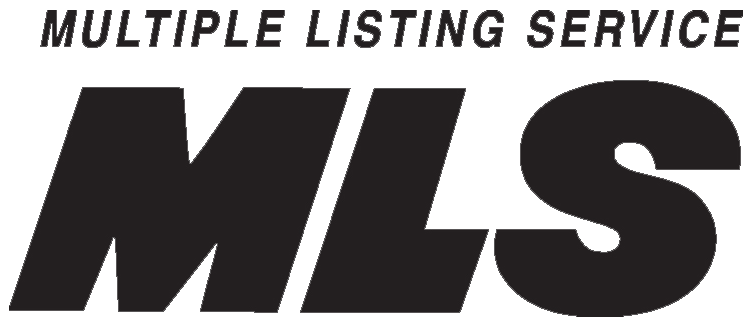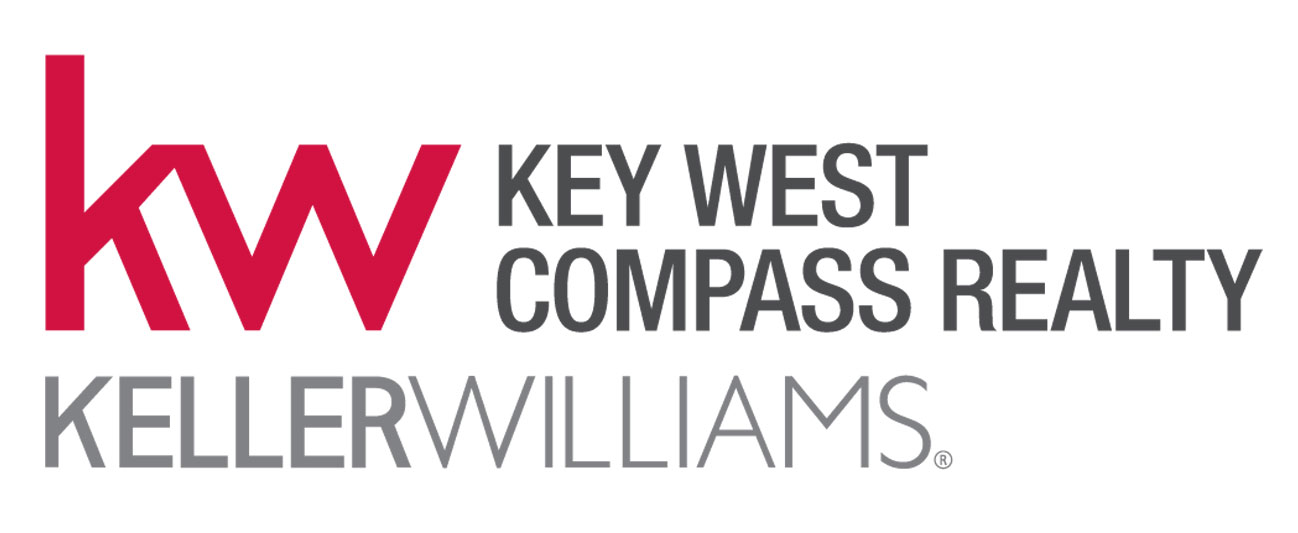Here are four things you want to know about.
1. Visa. In order for foreign nationals to buy property in the US they must have a visa that shows they have a legal purpose for being in the US on an ongoing basis. There are a variety of eligible visas but lets keep it simple:
- Our Italian couple are automatically part of the Visa Waiver Program (VWP). The VWP enables nationals of 36 participating countries to travel to the U.S. for tourism or business (visitor B visa purpose only) for stays of 90 days or less without obtaining a visa. All VWP travelers, including infants, regardless of age or type of passport used, must present a machine-readable passport. Countries who are part of the VWP are mostly our friends and allies.
- In this example our friends from Genoa are good to go. For the sake of completeness, other Visas you might encounter are:
- B-1 Business Visa. Even if their country is part of the Visa Waiver Program (VWP) they might still have a B-1 visa so they can conduct business in the US.
- E-1 and E-2 Visa – Executives and specialized workers from foreign companies and countries that have trade relations with US. That foreign company must be owned or controlled by citizens from that trading country.
- L-1A/B Visa – Executives and managers of foreign companies that transfer to a US affiliate or subsidiary of a foreign company. The executive must have been with that foreign company for a minimum 3 years and must have previously worked overseas for a minimum of 1 year.
- TN/H1-B Visa – NAFTA Trade agreement with Mexico, Canada (other countries) who will work full or part time for US employer. Can not be self-employed. EB-5 – You’re in luck as the buyer has already invested at least $500k in a targeted employment area.
- EB-5 Immigrant Visa – More good fortune as the buyer has already invested $1M in a project that created 10 jobs.
2. Ownership. A foreign national can purchase property as an individual or as a corporate entity. Both have their positive and negative attributes.
- Mortgage financing is a lot easier as an individual, as is estate planning. Good tax planning alleviates many possible tax problems and depending on their tax treaty with the U.S. may give them a tax deduction in their home country.
- If purchasing as a corporate entity, the foreign national should seek tax and/or legal advice in both their country of origin, and in the state in which they purchase. While a limited partnership or Limited Liability Company offers financial protection or indirect asset protection, many lenders will not lend to a foreign national buying as a corporate entity.
- There are a host of tax related issues you should mention to these buyers. Among these are; immediately obtaining an Income Tax Identification Number, income tax on net rental income, Foreign Investment on Real Estate Tax Act (FIRPTA), Estate Taxes and 1031 Tax Deferred Exchanges. Mentioning these items tells the buyers you are ready to assist them (and their referrals) beyond just one deal.
3. Financing. Once the visa and ownership issues are resolved, the buyer is eligible, for any loan package the lender offers; fixed rate, adjustable, balloons, etc. As you can imagine, the basis of any loan application is income and asset verification and a review of credit history. “Lenders will ask for written documentation and proof of income for the last two years – as they would for a U.S. citizen. Lenders will also request the last three months bank statements, even if funds are held in overseas banking institutions”, says Judy Hamblen, Senior Loan Originator, Sentrix Financial. It is difficult to absolutely verify standard underwriting requirements for borrowers who reside in foreign countries, primarily their earned income and bank overseas.
Most foreign nationals have no U.S. Social Security number, no or a limited US credit history, annual income that can not be verified with the IRS and the money to buy the property is most likely held in overseas accounts which calls into play parts of the Patriot Act and the Banking Secrecy Act.
Often, an international credit report will be requested. “Borrowers are asked to provide letters of recommendation that reference a banking relationship with an internationally recognized financial institution in their home country”, says Hamblen.
The lender likely will not be able to resell the loan so the loan stays in-house; i.e. a portfolio loan. The buyer fills out the loan application but the checking done on this application is NOT like a background or credit check done for a U.S. citizen; rather, it is verification that the information presented is correct. To ameliorate the risk, practically every lender is going to require:
- An extra 1% – 1.5% over the standard FNMA (Fannie Mae) conventional lending rate. Foreign nationals with a 50% LTV mortgage are more likely to get rates comparable to what the best U.S. borrowers might receive.
- 30% to 35% down
- A 12 – 24 month PITI escrow account, called “mortgage reserves”, deposited into a US bank before closing and probably an operating account containing 3 months of payments. It is from this operating account that payments will be made. (Currently, there is no rule that requires the ”mortgage reserves” to be kept in the U.S. bank after closing meaning the Buyer can withdraw these reserves after closing and transfer them back home. Exceptions to this “non-rule” are based on the political and economic stability of the home country.)
- Fixed rate mortgages are in shorter supply, but are still available. Interest only loans are harder to come by but may be offered, usually at 65% loan to value. Today, there are no true NO DOC or no stated income loans, but changes to this might occur this summer.
- Most loans offered are variable rate mortgages.
4. Write the offer!
If you have any comments, please contact me here.
Additional Resources:
1. Judy Hamblem, Senior Loan Originator, Sentrix Financial and President of Royal Capital Advisors. www.foreignnationalmortgages.com and www.foreignnational.com. 954 288-2700.
2. Diane O. Rivera, CES, Regional Manager, Starker Services (1031 Exchange), 866 321-1031









